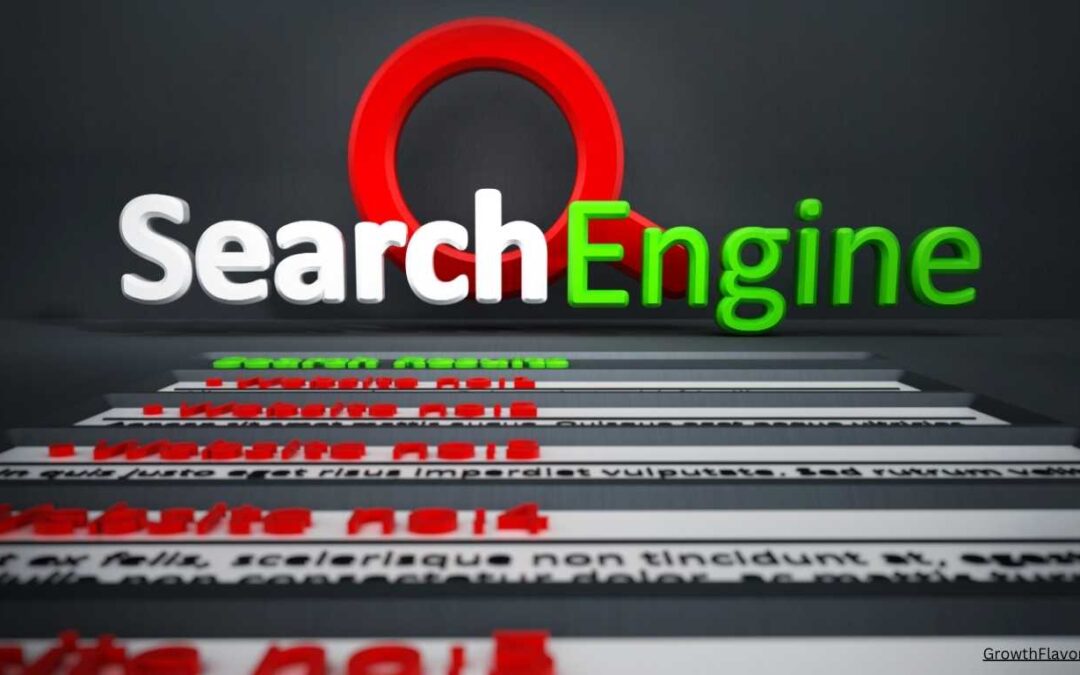Exploring the Best Search Engines for History Enthusiasts
In the digital age, history enthusiasts have unprecedented access to a vast array of information. Whether you’re a professional historian, a student, or simply someone with a passion for the past, finding reliable sources and information is crucial. Traditional libraries and archives, while still invaluable, have been complemented by digital tools that make researching history more accessible and comprehensive. Among these tools, search engines for history stand out as particularly useful. This article will delve into some of the best search engines for history, exploring their features and how they can aid in historical research.
What are Search Engines for History?
Search engines for history are specialized online platforms designed to help users find historical information, documents, and resources. Unlike general search engines like Google or Bing, these tools focus specifically on historical data, often providing access to archives, primary sources, academic papers, and other relevant materials. They are invaluable for anyone looking to conduct in-depth historical research without wading through the vast and often unrelated data found on general search engines.
Why Use Specialized History Search Engines?
Using specialized search engines for history offers several advantages:
Focused Results: These search engines filter out unrelated content, providing more relevant search results.
Access to Primary Sources: Many history search engines offer direct access to primary sources, including historical documents, letters, photographs, and official records.
Academic Resources: They often include academic papers, theses, and dissertations that might not be available through general search engines.
Curated Content: The content is often curated by historians and experts, ensuring higher quality and reliability.
Top Search Engines for History Enthusiasts
Here are some of the most effective search engines for history researchers:
1.Google Scholar
Overview: While not exclusively a history search engine, Google Scholar is a powerful tool for finding academic papers and scholarly articles across various disciplines, including history.
Features: It indexes peer-reviewed papers, theses, books, and conference papers, providing citations and links to full-text articles when available.
Best For: Students and researchers looking for academic resources and peer-reviewed articles.
2.JSTOR
Overview: JSTOR is a digital library for scholars, researchers, and students, offering a vast collection of academic journals, books, and primary sources.
Features: It provides access to millions of documents from numerous disciplines, with a strong emphasis on the humanities and social sciences.
Best For: Academic research and access to primary sources and historical documents.
3.Archive.org
Overview: Also known as the Internet Archive, Archive.org is a non-profit digital library offering free access to a vast collection of digitized materials.
Features: It includes books, movies, music, and archived web pages, making it a treasure trove for historical research.
Best For: Accessing a wide range of digitized primary sources and historical documents.
4.Europeana
Overview: Europeana is a digital platform providing access to millions of digitized items from European museums, galleries, libraries, and archives.
Features: It includes artworks, books, films, and audio recordings, with a strong focus on European history and culture.
Best For: Researchers interested in European history and cultural heritage.
5.Digital Public Library of America (DPLA)
Overview: The DPLA offers access to millions of photographs, manuscripts, books, and other historical records from libraries, archives, and museums across the United States.
Features: It aggregates content from various institutions, providing a centralized platform for historical research.
Best For: Researching American history and accessing diverse primary sources.
6.National Archives (UK and US)
Overview: Both the National Archives of the United Kingdom and the United States provide extensive online access to government records and historical documents.
Features: These archives include military records, census data, immigration records, and more.
Best For: Accessing official government documents and conducting genealogical research.
7.Chronicling America
Overview: A project of the Library of Congress, Chronicling America provides access to America’s historic newspaper pages from 1789-1963.
Features: It offers a searchable database of digitized newspaper pages, providing insights into historical events and daily life.
Best For: Researchers looking for historical newspaper articles and insights into American history.
How to Use History Search Engines Effectively
To make the most of these search engines for history, consider the following tips:
Define Your Research Topic: Clearly define what you are looking for to narrow down your search results.
Use Advanced Search Options: Utilize advanced search features to filter results by date, author, publication, and more.
Evaluate Sources Critically: Always assess the credibility and reliability of the sources you find.
Cross-Reference Information: Cross-check information from multiple sources to ensure accuracy.
Keep Track of Sources: Maintain a list of all the sources you consult for easy reference and citation.
The Future of Historical Research
The digital revolution has transformed historical research, making it more accessible than ever before. As technology continues to advance, we can expect search engines for history to become even more sophisticated, offering enhanced tools for data analysis, visualization, and collaboration. The integration of artificial intelligence and machine learning will likely further streamline the research process, helping historians uncover new insights and connections.
Conclusion
Search engines for history are indispensable tools for anyone engaged in historical research. They offer focused access to a wealth of primary sources, academic papers, and other valuable materials that can greatly enhance our understanding of the past. By utilizing these specialized tools, researchers can uncover rich, detailed historical information that might otherwise remain hidden. As these tools continue to evolve, they will undoubtedly play an even greater role in preserving and exploring our shared heritage.
Whether you’re delving into the annals of history for academic purposes or personal interest, these search engines for history provide a gateway to the past, offering a wealth of resources at your fingertips. Embrace these tools and embark on a journey through time, discovering the stories, events, and people that have shaped our world.


